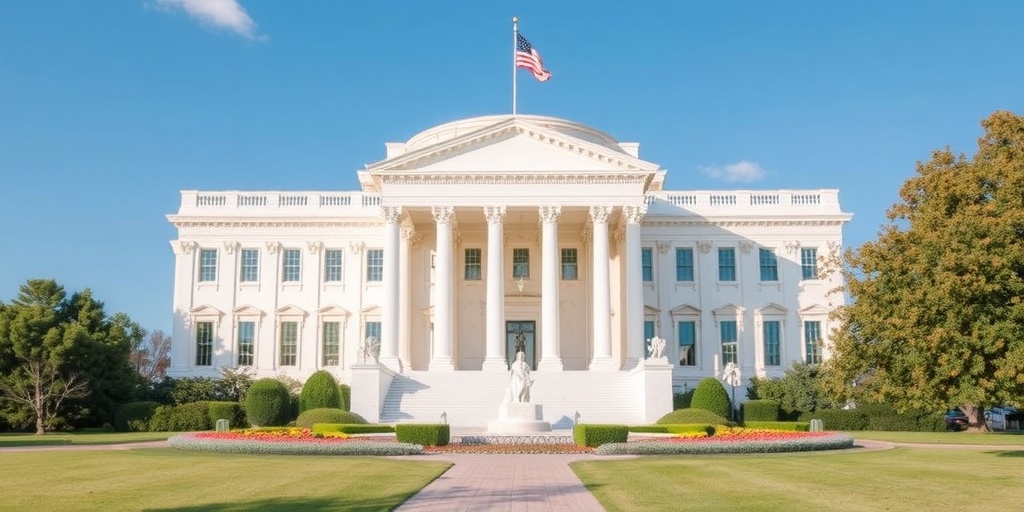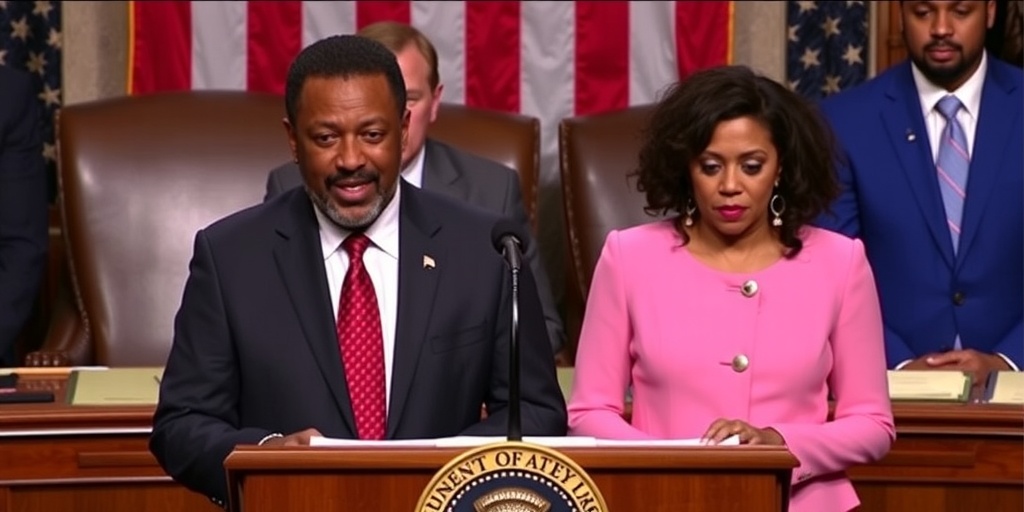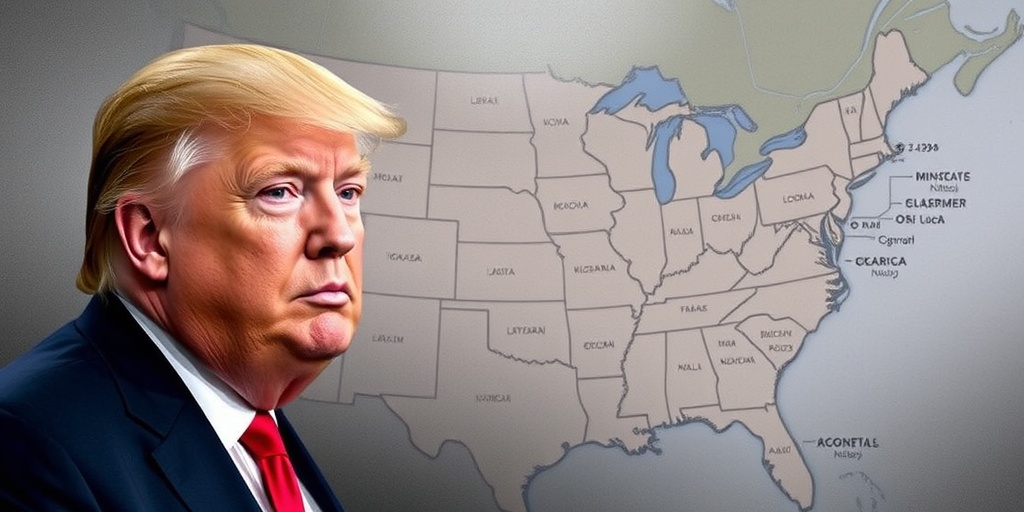Now Reading: 16 States Sue to Reinstate NIH Funding
-
01
16 States Sue to Reinstate NIH Funding
16 States Sue to Reinstate NIH Funding

Title: Legal Action Launched Against Trump Administration Over NIH Grant Funding Cuts
In a significant legal move, California, Massachusetts, and 14 other states have filed a lawsuit against the Trump administration, claiming it has unlawfully withheld crucial grant funding from public health and medical research institutions. These funding cuts have reportedly compelled universities to reduce their research activities and defer the hiring of essential staff members, jeopardizing significant scientific advancements.
The National Institutes of Health (NIH) stands as the world’s foremost public funder of biomedical research, providing vital support for studies addressing various critical issues, including aging, substance abuse, cancer, and diabetes. According to the lawsuit, over 80 percent of NIH’s impressive $47 billion budget is allocated to outside researchers in the form of grant funding. However, recent actions by the Trump administration have led to the elimination, pausing, or delaying of many of these vital grants. The suit describes this as a “concerted, and multi-pronged effort to disrupt NIH’s grants,” reflecting broader concerns regarding the administration’s approach to scientific research funding.
As a direct consequence of the earlier cuts and ongoing delays, research teams in universities nationwide have found themselves significantly hindered. Many ongoing projects have been interrupted, delaying progress on pivotal health studies and thrusting American biomedical research into a state of crisis. The attorneys general involved are calling on the courts to restore the discontinued grant funding and ensure that pending grant applications undergo fair evaluation and approval processes.
Rob Bonta, California’s Attorney General, expressed grave concerns in a statement regarding the administration’s actions. He emphasized that the “unlawful withholding and terminating of medical and public health research grants” not only undermines current research efforts but also threatens potential advancements that could benefit future generations.
Despite the critical nature of the lawsuit, neither the National Institutes of Health nor the U.S. Department of Health and Human Services, which oversees the NIH, offered any comments or responses when approached for clarity on the situation.
The University of California system, which accounts for nearly 9 percent of all U.S. academic research, is particularly affected, with about half of its funding sourced from the federal government. As cited in the lawsuit, last fiscal year, this expansive university system secured $2 billion in contracts and grants from the NIH. However, recent procedural delays have stalled numerous projects that had already passed expert review and were on the brink of receiving necessary funding. Experts within the academic community have voiced their concerns that such delays appear to be tactical moves by the Trump administration aimed at circumventing judicial orders that mandated the release of frozen federal funds.
Moreover, the administration has reportedly terminated several research grants related to topics deemed politically sensitive, including studies focused on the health of racial minorities and L.G.B.T.Q. communities. Such actions are unusual, as grant cancellations are typically reserved for cases involving scientific misconduct or fraud. The abrupt terminations have left many researchers scrambling for funds for experiments already in progress, particularly clinical trials involving participants. In some disconcerting instances, researchers who have invested millions into cancelled studies are now barred from publishing their findings, rendering previous funding efforts futile.
Additionally, this week, the American Civil Liberties Union (ACLU) and other advocacy organizations have also stepped into the legal fray, challenging the cancellations of NIH funding. These groups assert that the disbursement of funds is being disrupted without adequate guidance or justification from the administration. Brittany Charlton, an associate professor at Harvard’s Chan School of Public Health and a plaintiff in the ACLU lawsuit, stated emphatically, “Ending these NIH grants wastes taxpayer money and years of hard work to answer the world’s most pressing biomedical questions.” She characterized this situation as a significant attack on scientific progress itself.
Opponents of the funding cuts further argue that these actions could have dire economic repercussions. According to the lawsuit, the $36 billion in NIH funds awarded in the previous year alone catalyzed over $94 billion in new economic activity and supported more than 407,000 jobs across the nation. The implications of these funding cuts thus extend far beyond research, potentially affecting the broader economic landscape and job market.
As the legal battles unfold, the scientific community remains on high alert, aware that the outcome of these lawsuits could significantly influence the future of biomedical research and public health initiatives in the United States. The stakes are high, with the credibility and progress of American science hanging in the balance.
Stay Informed With the Latest & Most Important News
Previous Post
Next Post
-
 01New technology breakthrough has everyone talking right now
01New technology breakthrough has everyone talking right now -
 02Unbelievable life hack everyone needs to try today
02Unbelievable life hack everyone needs to try today -
 03Fascinating discovery found buried deep beneath the ocean
03Fascinating discovery found buried deep beneath the ocean -
 04Man invents genius device that solves everyday problems
04Man invents genius device that solves everyday problems -
 05Shocking discovery that changes what we know forever
05Shocking discovery that changes what we know forever -
 06Internet goes wild over celebrity’s unexpected fashion choice
06Internet goes wild over celebrity’s unexpected fashion choice -
 07Rare animal sighting stuns scientists and wildlife lovers
07Rare animal sighting stuns scientists and wildlife lovers





















